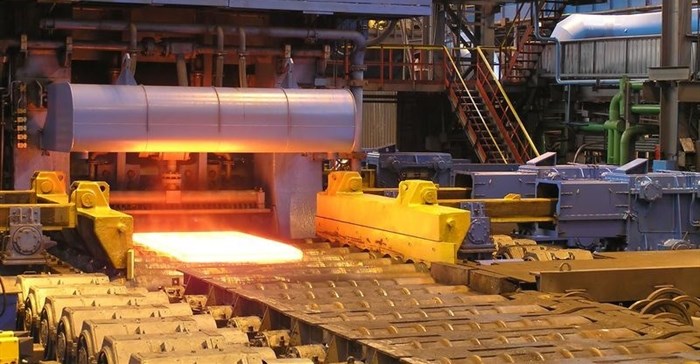Steel industry players are pushing the government to designate local steel products for use in the state's R4tn infrastructure plan.
This is one of the ways in which the industry, in crisis due to poor demand and low prices, is looking to keep its head above water.
At an industry event on Wednesday, 18 May, Southern African Institute of Steel Construction (Saic) CEO Paolo Trinchero said: "We are almost there. The industry has to work together and balance downstream and upstream needs."
But with the demise of Evraz Highveld Steel and Vanadium, among many other steel and related producers that have gone bust, it might be too late.
Despite the government imposing 10% tariffs on some steel products, and possible safeguards against the flood of steel imports, the lack of designation for local structural steel cuts to the heart of the issues facing domestic primary and downstream steel producers.
Tensions have simmered since Iscor, the erstwhile state-owned steel maker, was unbundled in 2001. This left ArcelorMittal SA, a unit of the global ArcelorMittal group, to become the dominant player in the country.
The government has attempted to dilute the company's monopoly of about 70% of all South African steel output, but the steel maker is widely seen to have abused its position by overcharging for its product lines.
However, when it comes to the state itself, it has used little locally produced steel in major infrastructure projects, including for Eskom's giant Medupi and Kusile coal-fired power stations.
"If you rely on the vagaries of what China is doing, then a year down the line you won't have an audience or an industry," acting ArcelorMittal SA CEO Dean Subramanian said.
However, he fended off accusations from downstream steel fabricators that ArcelorMittal SA had increased product prices four times this year. This came despite promises to the government that the company would levy "a fair price" for its products to support SA's manufacturing industry.
He said it was not just China's slowing economy and cheap steel exports that had caused the crisis in the domestic steel industry, but also electricity shortages and rising input costs, including for electricity, natural gas, labour and Transnet's freight network.
Parties to the sector including business, labour and the government, are unanimous that the country needs a primary steel industry.
But the economy faces more turbulent years ahead, and will only grow 0.3%-0.4% in 2016, according to Ulrich Joubert, consulting economist for the Bureau for Economic Research.
The steel industry needs 2% gross domestic product growth a year to be viable, according to Saic.
Source: Business Day











































